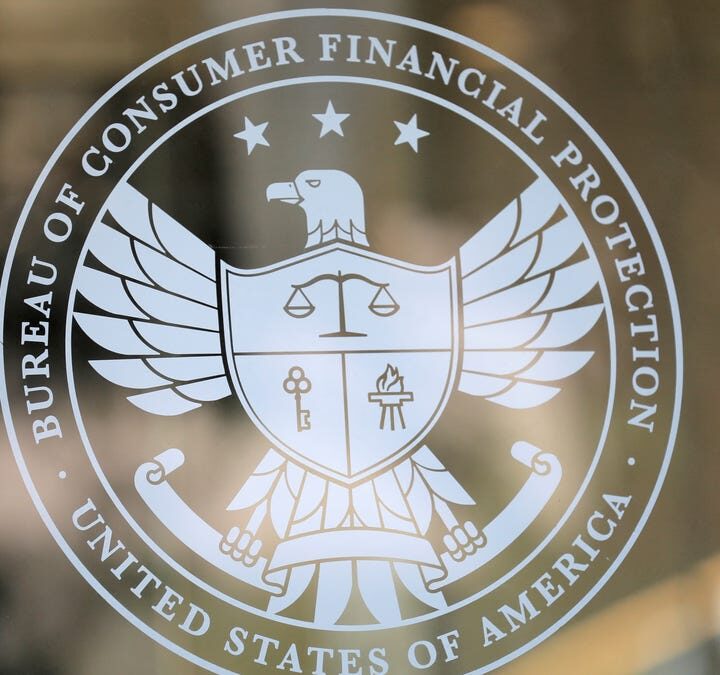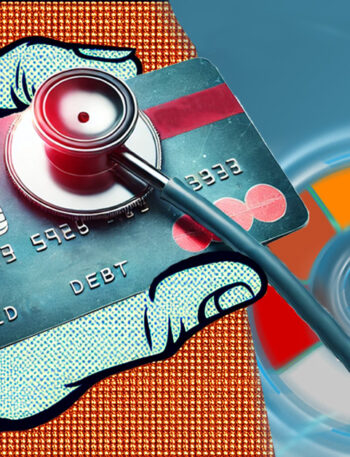The Biden Administration announced an initiative Tuesday to remove an estimated $49 billion in medical debt from the credit reports of roughly 15 million Americans.
A new rule from the Consumer Financial Protection Bureau would ban the inclusion of medical bills on credit reports and would bar lenders from using medical information when they make lending decisions.
Ways to avoid medical debt when you are sick
The bills can add up when you are sick and that leads to many people getting hit with medical debt. Here’s how to avoid it.
News 12
In effect, the federal agency said, the rule will prevent debt collectors “from using the credit reporting system to coerce people to pay bills they don’t owe.”
Medical debt is a factor in many denied mortgage applications
Previous research by the watchdog agency found that medical debt factors into thousands of denied mortgage applications. The agency contends that medical debt on a consumer’s credit report “is a poor predictor of whether they will repay a loan.”
The agency predicts the new rule will enable the approval of an estimated 22,000 additional mortgages every year. The average American with medical debt on a credit report could see their credit score rise by about 20 points.
“People who get sick shouldn’t have their financial future upended,” said Rohit Chopra, the agency’s director, in a statement. He said the rule “will close a special carveout that has allowed debt collectors to abuse the credit reporting system to coerce people into paying medical bills they may not even owe.”
Medical bills accounted for more than half of debt collection on consumers’ credit records, according to a 2022 report from the consumer agency.
After that report, the three largest credit reporting companies agreed to remove several forms of debt from credit reports: paid medical debts, unpaid medical debts less than a year old and medical debt less than $500.
The new federal rule would go further, eliminating all medical debt from credit reports.
Some seniors face crushing medical debt
Another report from the watchdog group found that seniors, alone, faced more than $50 billion in unpaid medical bills, many of which they should not have to pay. Debt collectors often pursued seniors for money they didn’t actually owe.
Medical debt drives many Americans into bankruptcy. One 2019 scholarly paper found that more than half of bankruptcy filers cited medical expenses as a contributing cause.
The agency said the new rule is set to take effect later this year. However, the incoming Trump administration may try to roll back some of the agency’s regulations, and to limit its powers. The consumer bureau has rushed out new regulations in advance of Inauguration Day.
Contributing: Ken Alltucker





